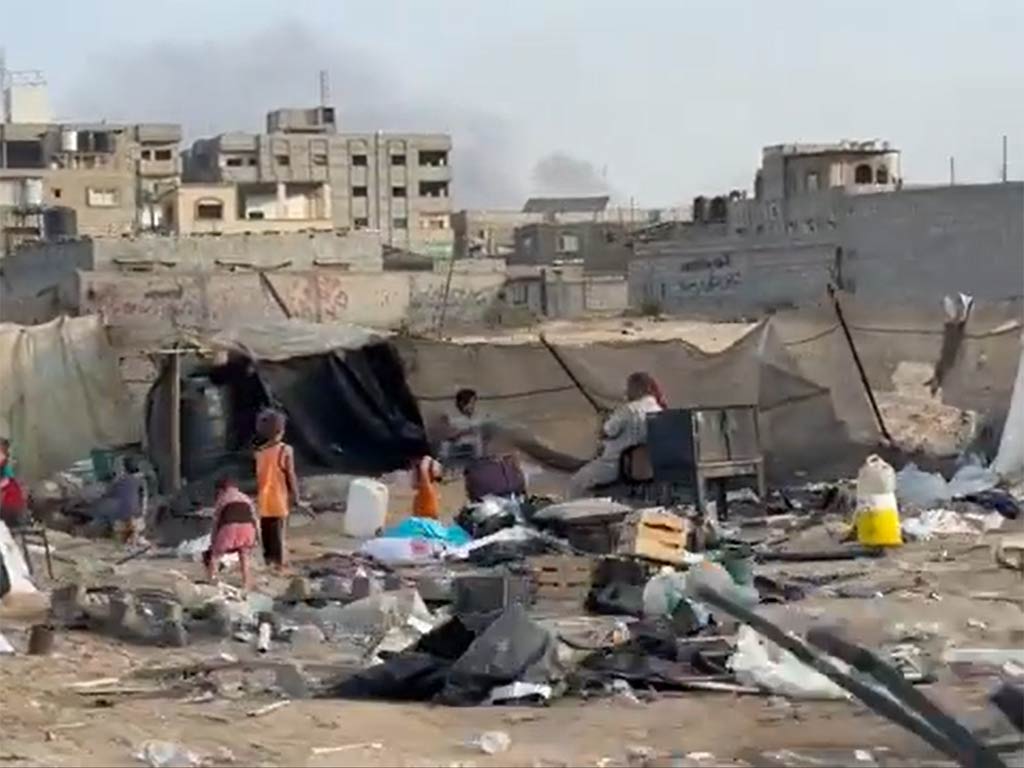In statements to the press, the official criticized the continuation of military operations against the territory, following the offensive launched on May 7, which included the partial occupation of the city of Rafah and the border crossing of the same name.
Al-Sufi highlighted the severe damage to road systems, water and sewage networks, tanks, wells and structures such as homes and businesses.
“The occupation forces followed a scorched earth policy, destroying Al-Shoka area, as well as Al-Salam neighborhood and Jabna and West Rafah camps by more than 80 percent,” he stressed.
They also damaged the neighborhoods of Tal Al-Sultan, Al-Saudi and West Camp, he indicated.
More than one million Palestinians were refugees in that city at the beginning of the ground operation, but three months later only tens of thousands remain, according to UN data.
Both the United Nations, many countries and NGOs criticized the attack on a densely populated area and the closure of the Rafah crossing, which during the past months was the only gateway for the entry of medicines, water, food and fuel to the besieged Strip.
Israeli Prime Minister Benjamin Netanyahu justified the attack on the grounds of preventing the alleged entry of arms and supplies from the Egyptian side to Palestinian militias, comments criticized by Cairo. mh/abo/jf/rob










